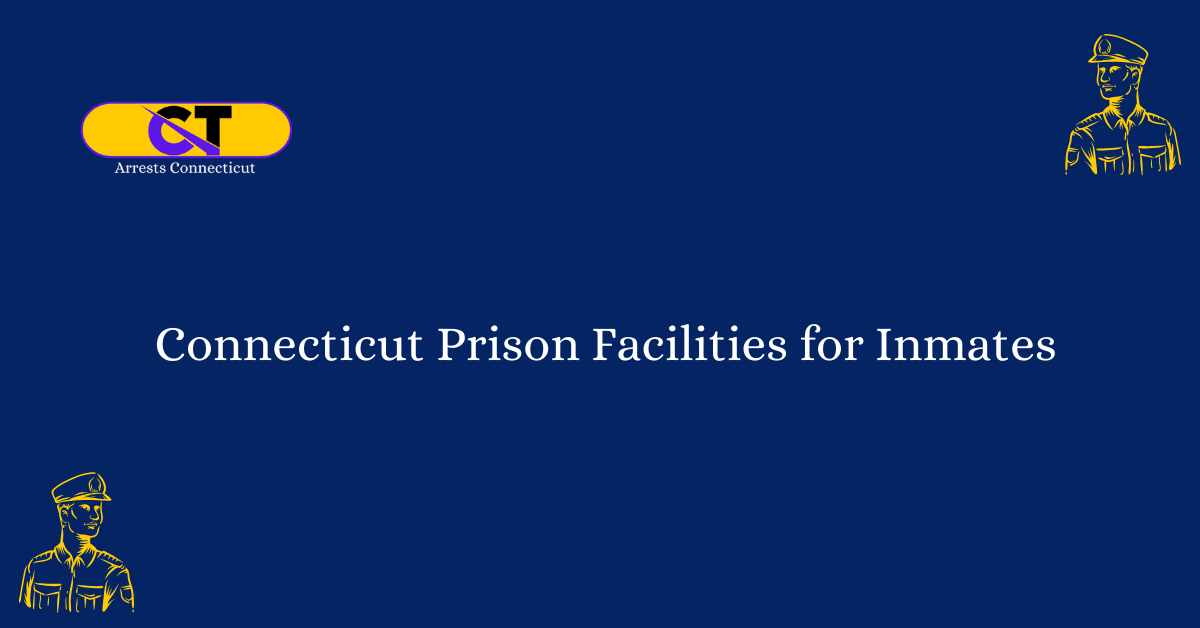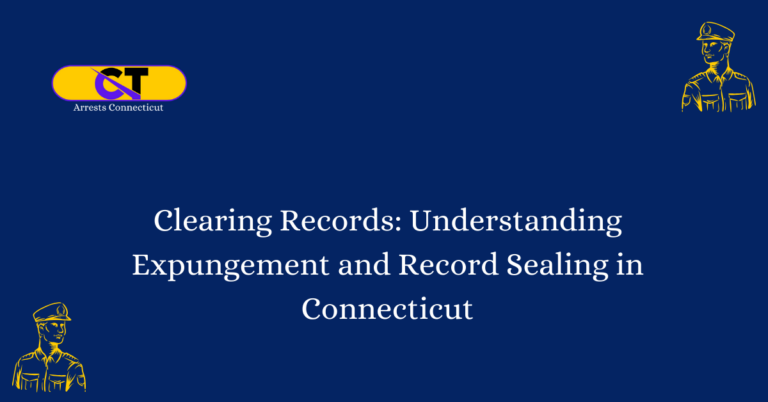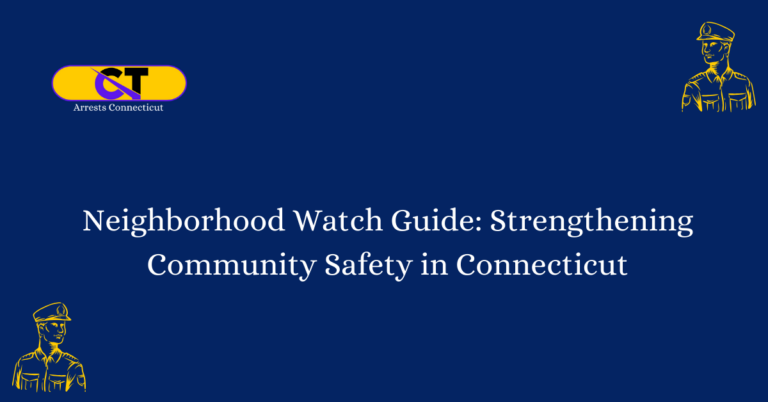Connecticut Prison Facilities for Inmates
With a commitment to accuracy and thoroughness, our team of researchers has compiled a wealth of data and resources to create a reliable and up-to-date resource. From the history of Connecticut prisons to the various facilities currently in operation, we leave no stone unturned in our quest to provide you with a comprehensive understanding of the state’s correctional system.
History of Connecticut Prisons
Delving into the past, the history of Connecticut prisons is a fascinating journey through time. From the early days of colonial America to the present, the state has undergone significant changes in its approach to correctional facilities.
During the colonial era, punishments for crimes were often brutal and public. Offenders were subjected to public humiliation, physical torture, and even death. However, as society evolved and ideas of justice and rehabilitation progressed, Connecticut began to adopt a more humane approach to incarceration.
In the late 18th century, the first state prison was established in Wethersfield. It aimed to provide a more structured and controlled environment for prisoners, with an emphasis on reform and rehabilitation. This marked a significant shift in the state’s approach to corrections, laying the foundation for the modern prison system we know today.
Types of Correctional Facilities
Connecticut boasts a diverse range of correctional facilities, each serving a specific purpose within the broader prison system. Understanding the different types can provide valuable insights into the states approach to rehabilitation and public safety.
Maximum-Security Prisons
Designed to house the most dangerous and violent offenders, maximum-security prisons play a crucial role in ensuring public safety. These facilities are equipped with advanced security measures and are staffed by highly trained personnel.
Medium Security Prisons
Medium-security prisons provide a balance between security and rehabilitation. They house inmates who have committed serious offenses but are deemed less dangerous than those in maximum-security facilities. These prisons offer a structured environment that focuses on education, vocational training, and behavior modification programs.
Minimum Security Prisons
For inmates nearing the end of their sentences or those who pose a low risk to society, minimum-security prisons provide a less restrictive environment. These facilities prioritize reintegration and preparing inmates for successful reentry into society through work-release programs and community-based initiatives.
Programs and Rehabilitation
Connecticut’s correctional system is dedicated to the rehabilitation and successful reintegration of offenders. Through a wide range of programs and initiatives, inmates have the opportunity to address the underlying causes of their criminal behavior and develop the skills necessary for a productive life outside of prison.
Education programs, including adult basic education and vocational training, are offered to inmates to enhance their employability upon release. Substance abuse treatment programs and counseling services aim to address the root causes of addiction and reduce recidivism.
Community Engagement and Support
A strong collaboration between correctional institutions and the community is crucial for the successful reintegration of offenders. Connecticut correctional system actively engages with community organizations, non-profits, and volunteers to provide support and resources to inmates during and after their incarceration.
Through partnerships with local businesses, job fairs are organized within correctional facilities, connecting inmates with potential employers and opening doors for employment opportunities upon release. Additionally, mentoring programs and community service initiatives allow inmates to give back to society and develop positive relationships outside of prison.
FAQs
What is the purpose of this guide?
This guide aims to provide valuable insights and information about correctional institutions in the state of Connecticut. Whether you are a concerned citizen, a legal professional, or simply seeking knowledge about the prison system, our comprehensive guide is designed to meet your needs.
How accurate and reliable is the information provided?
What topics are covered in this guide?
Our guide covers a wide range of topics related to Connecticut prison facilities. From the history of Connecticut prisons to the various facilities currently in operation, we leave no stone unturned in our quest to provide you with a comprehensive understanding of the state’s correctional system.
Who can benefit from this guide?
This guide is valuable for anyone interested in learning about Connecticut prison facilities. Whether you are a concerned citizen wanting to understand the system better, a legal professional seeking insights, or simply someone curious about the topic, our guide is designed to meet your informational needs.







